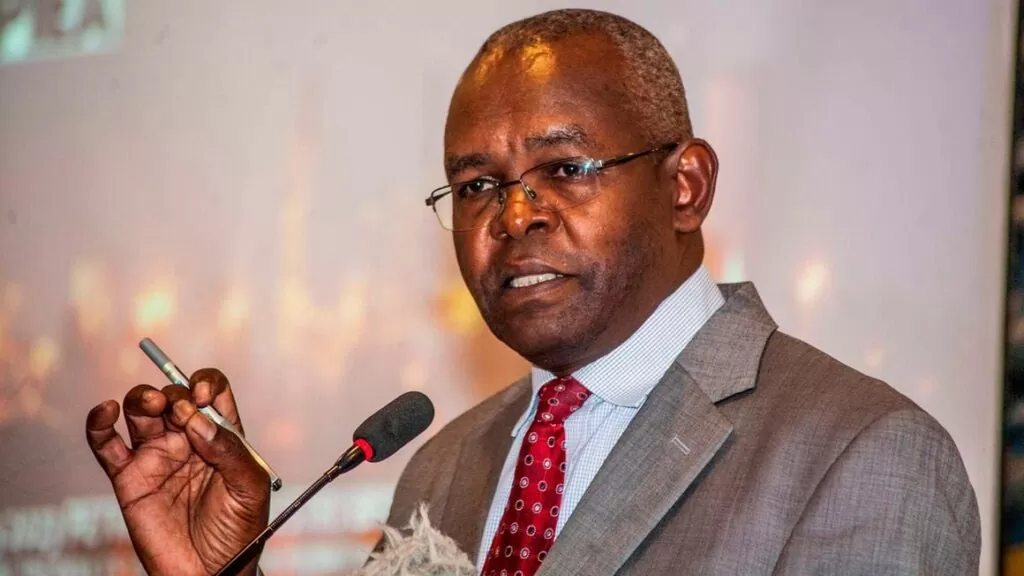
Progression Toward Financial Sector -Wide Interoperability national Solution and Formation of an industry technical Working Group;
The Central Bank of Kenya (CBK) announces the progression towards realisation of a financial sector-wide interoperable solution that will enable instant transfer of payments across the entire financial industry, including the formation of a CBK-Industry Technical Working Group
(TWG) to design, launch and rollout the envisaged solution.
This progress has been made possible through recent consultations that have taken place, since February 2024, between the
CBK, the Kenya Bankers Association (KBA), various Payment Service Providers (PSPs) and banks (“financial institutions”).

This progress has been made possible through recent consultations that have taken place, since February 2024, between the
CBK, the Kenya Bankers Association (KBA), various Payment Service Providers (PSPs) and banks (“financial institutions”).
The financial sector-wide interoperability solution—also known as a Fast-Payment System (FPS)—will integrate certain aspects of payment services that are offered by financial institutions.
PS will enable customers to send and receive money instantly from anyone, anytime, anywhere, regardless of the type of institution a customer belongs to.
Development of the FPS is being undertaken pursuant to the Central Bank of Kenya Act that mandates the CBK to formulate and implement policies that best promote the establishment, regulation and supervision of efficient and effective payment, clearing and settlement systems. Kenya’s FPS design will also be in line with global best practice. Discussions on enhancing interoperability of payment systems began in 2014 when East Africa
Community (EAC) Partner State Central Banks agreed on the need to integrate regional card and mobile money systems. CBK, in consultation with industry players, made some progress, including the launch of person-to-person (P2P) interoperability in 2018, merchant
interoperability in 2022, and industry consultations that took place between 2018 and 2020.
However, existing forms of interoperability have major challenges. They lack a centralised switching mechanism, use costly bilateral arrangements, and are closed in nature. This has prevented players in the payments ecosystem from participating in an open and fully integrated system.

These challenges lead to additional cost and inconvenience to customers and has affected Kenya’s global standing as a leader in payments innovation and financial inclusion.CBK and industry leaders are aligned on the need to address these challenges to mitigate the risk of duplication, reliance on fragmented domestic and international payment systems and lay the foundation for an open and fully interoperable Digital Public Infrastructure (DPI).
CBK, working in conjunction with the TWG, will provide further updates on the timeframe for the launch of the FPS. The successful launch and rollout of the FPS will enable Kenya to join the 57 countries globally that have an operational FPS, out of the 93 countries that responded to the 2023 World Bank Global Payment Systems Survey.
FPS will also bring us closer to achieving the vision of the National Payments Strategy 2022 – 2025.









